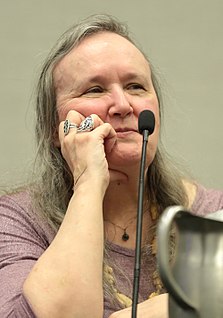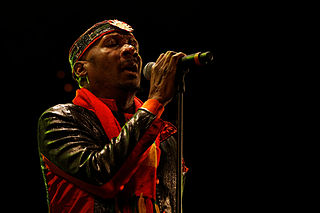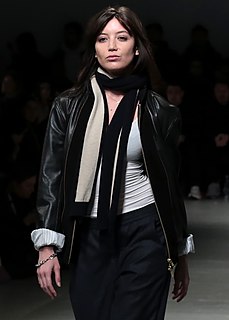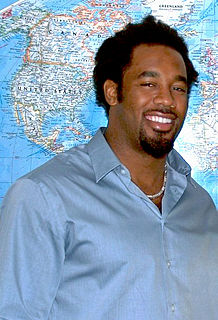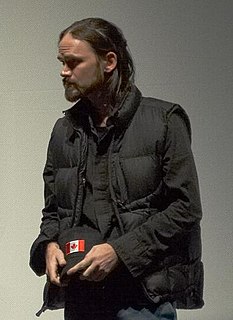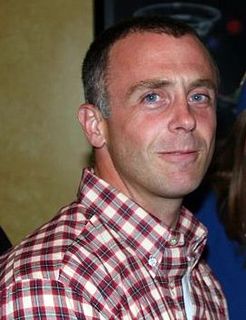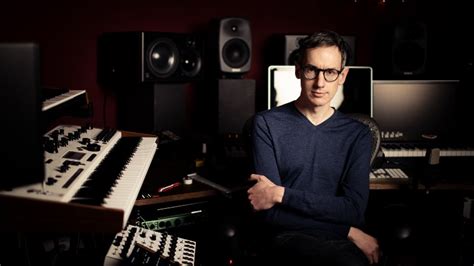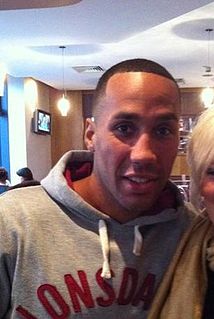A Quote by Mercedes Lackey
Once the blinders are off, it's rather hard to go back to seeing things the way you used to.
Related Quotes
When I started looking for pointed shoes, I used to go to Fairfax on Orchard Street in New York City, one of those little pushcart guys. I'd say, 'You got any pointy shoes?' They would go way, way in the back and come back with a dusty box, blow the dust off the top, and say, 'What do you want with these things? Give me twenty bucks. Go on, get outta here!' And that was the beginning.
When you write a novel or paint a picture, you have the opportunity to approach it and back off, tear up pages, write, rewrite, paint over, and come back to it. In film, once you start shooting, you can't restart the clock, and you keep moving forward, and you don't look back, and you don't go back. And that is, of course, antithetical to the creative process. It's really hard to generate a comfortable creative flow under that kind of pressure.
In general, in all my films, I choose to create a certain mistrust, rather than claiming that what I'm showing onscreen is an accurate reproduction of reality. I want people to question what they are seeing onscreen. In the same way as I used the narrator, I also used black and white, because it creates a distance toward what's being seen. I see the film as an artifact rather than a reliable reconstruction of a reality that we cannot know.
